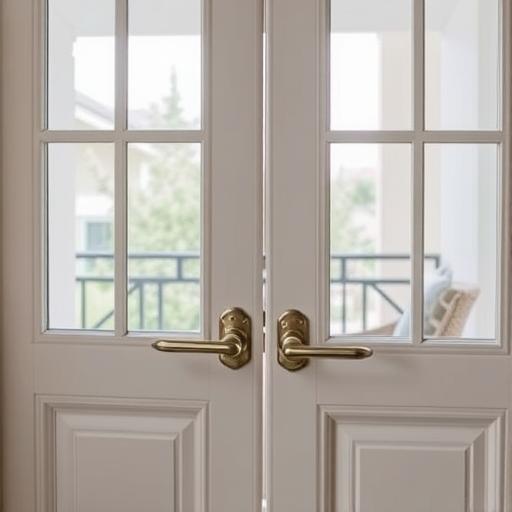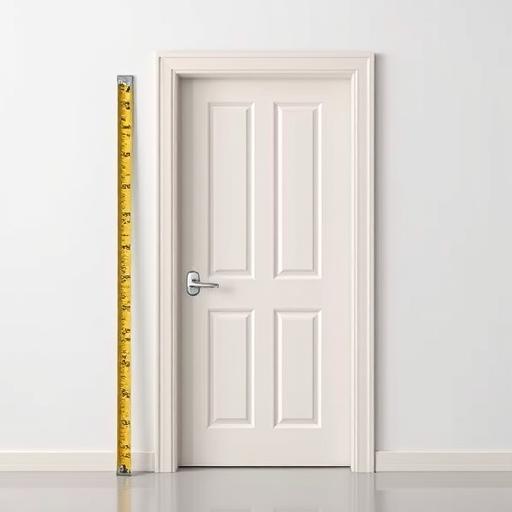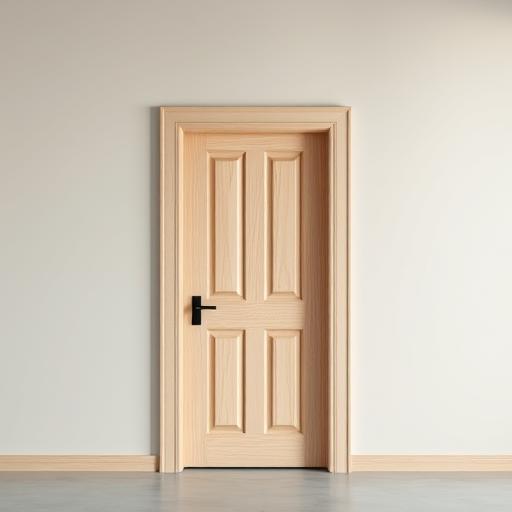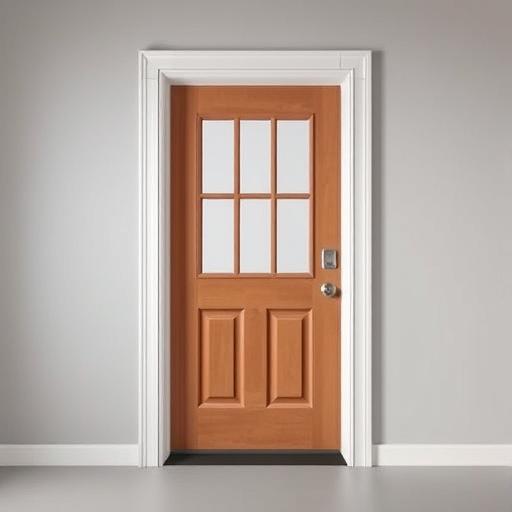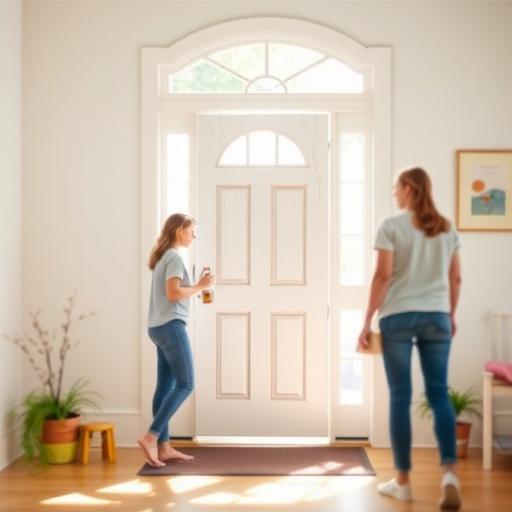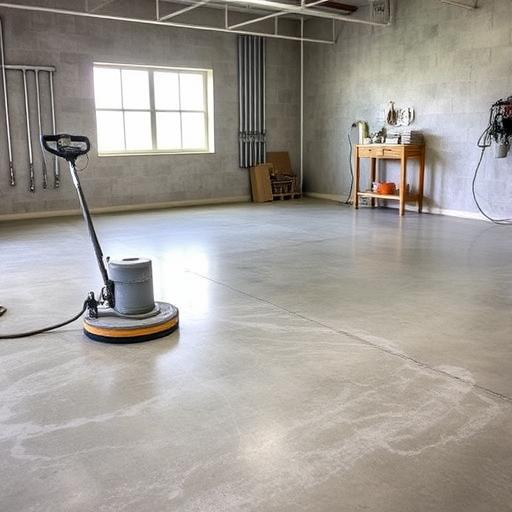How to Lock French Doors Interior
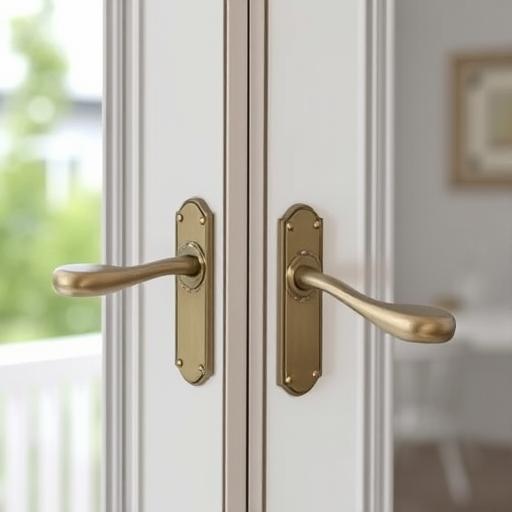
Understanding French Doors and Their Locking Mechanisms
What Are French Doors?
French doors, originating from France in the 17th century, are double doors made up of crafted panels of glass set in frames. They typically open inwards or outwards, depending on the setup of your home, and their charming design has made them a staple in homes across the globe.
Types of Locks for French Doors
French doors can be locked using various mechanisms, each with its unique advantages:
- Mortise Locks: Recessed into the door’s edge, these locks provide a clean, traditional look and are often combined with a deadbolt for added security.
- Surface-Mounted Bolts: Easy to install, these bolts can be surface-mounted onto the door, providing an extra layer of security without the need for a key.
- Keyed Locks: Ideal for scenarios where privacy is paramount, keyed locks allow you to control access to the room when needed.
Remember, while exterior French doors require robust locks for security, interior doors typically need more focus on privacy and ease of use.
Step-by-Step Guide to Locking Interior French Doors
Assessing Your French Doors
Before attempting to lock your French doors, inspect them to understand their current locking mechanism and check for any damage or gaps that could affect security.
Using Built-In Locks
Many French doors come with built-in locks. To engage these locks:
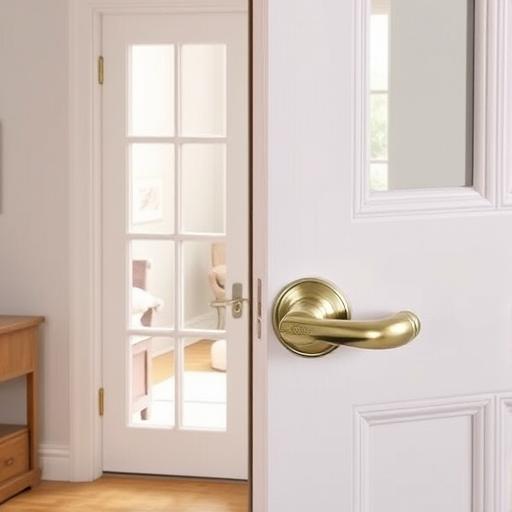
- Turn the door handle, similar to a standard door.
- For added security, use a key if your lock has one.
Installing Additional Locking Mechanisms
Surface-Mounted Bolts
To install a surface-mounted bolt,
- Mark two holes, one at the top and one at the bottom of your door.
- Drill pilot holes and secure the bolt.
- Lock the door and turn the bolt to engage the strike plate on the door frame.
Slide Locks or Flush Bolts
For a flush look, install slide locks or flush bolts.
- Mark the location on your door and frame.
- Drill holes, insert the locking mechanism, and secure it with screws.
- Slide the bolt to engage the lock.
Keyed Lock Installation
Consult a professional when adding a keyed lock for enhanced security. They’ll ensure it’s compatible with your door and complies with safety regulations.
Using Temporary Locking Solutions
Temporary locks, such as door wedges, portable locks, or security bars, can provide quick fixes in rental properties or guest rooms.
Maintaining and Troubleshooting French Door Locks
Regular Maintenance Tips
Clean and lubricate your locks regularly to ensure smooth operation. Also, check for alignment issues, and tighten any loose screws.
Common Lock Problems and Solutions
Address issues like stuck locks, misaligned doors, or broken mechanisms promptly. If you can’t fix them, don’t hesitate to call a professional.
Enhancing Security Beyond Locking
Adding Security Features
Install security sensors, alarms, or smart locks for more advanced security. Also, use curtains or blinds for privacy and to deter potential intruders.
Childproofing French Doors
Use lock covers or door stoppers to prevent accidents, especially if your French doors lead to areas with hazards, like stairs or balconies.
Conclusion
Properly locking interior French doors ensures safety, privacy, and peace of mind. Whether you’re using built-in locks or adding extra security measures, this guide has equipped you with the knowledge needed to secure your French doors. Don’t delay; assess your doors today and take action to improve their security.
FAQ Section
Frequently Asked Questions
Q1: Can I use the same locks for interior and exterior French doors?
While all locks perform the same basic function, interior and exterior French doors have different security needs. Exterior doors require more robust locks to deter intruders, whereas interior doors focus more on privacy and ease of use.
Q2: What’s the easiest way to lock French doors without installing new hardware?
For a quick and easy solution, use door wedges or portable locks. However, these aren’t as secure as permanent locks and should be used only when necessary.
Q3: How do I fix a misaligned French door lock?
Adjust the strike plate or the door alignment for misaligned locks. If the issue persists, consult a professional.
Q4: Are smart locks a good option for interior French doors?
Smart locks offer convenience and added security but may raise privacy concerns if used on interior doors leading to private areas. Weigh the pros and cons before making a decision.
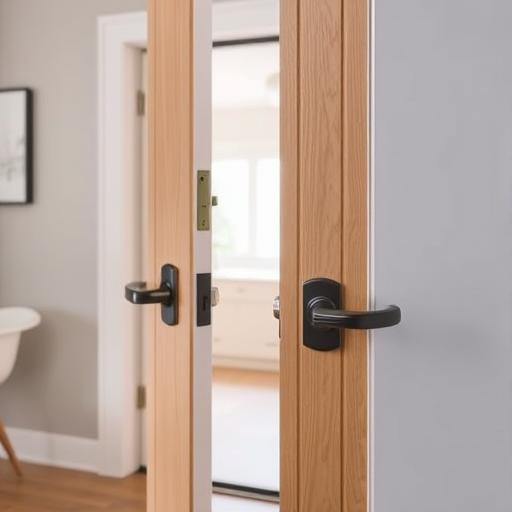
Q5: How often should I maintain my French door locks?
Inspect your locks monthly and perform maintenance every 3 to 6 months to ensure their smooth operation and longevity.

